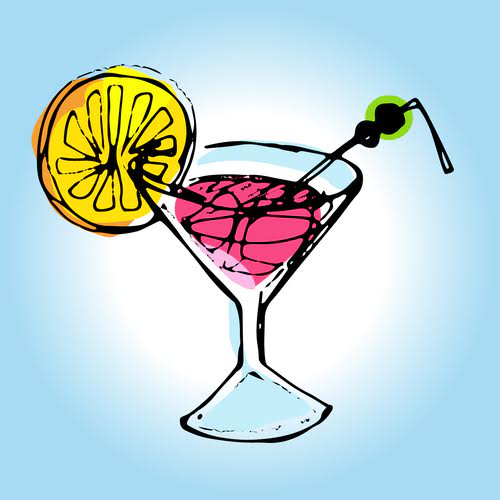Content
Finally, support groups provide encouragement and hope for recovery. Anger management issues may be rooted in a specific mental health disorder in some cases. A person may become very tense and have difficulty winding back down. Muscle tension, headaches, irregular heart rate and blood pressure, sleep difficulties, and the potential for heart problems or even stroke may be possible risk factors for chronic anger and emotional regulation issues. Add in alcohol abuse, and the multitude of possible social, emotional, physical, financial, and behavioral problems related to alcohol addiction, and the risk factors and potential for negative side effects go up exponentially.
- In a study with more than 400 mixed-gender participants, researchers asked participants to consume portions of alcohol and then compete in a test against another study participant.
- Anger, either additively or in interaction with alcohol, was related to increases in negative anger- and alcohol-consequences (Leibsohn et al., 1994).
- Decreased cognitive function also means it’s more likely for you to misread a situation and overreact.
- Additionally, they reported higher alcohol use and hostile sexism than those lower in mental rigidity.
In fact, letting go of the acknowledging and dealing with anger is a crucial aspect of the Twelve Steps from Alcoholics Anonymous. The program requires that participants take a moral inventory of themselves, and attempt alcohol depression and anger to overcome character defects. These are the issues that we jump into in this deep dive into the link between anger and alcoholism. The good news is, you can find help for both your anger and your alcoholism.
The Effects of Alcohol-Related Aggression
At least one academic study indicates that AA members who attend sessions regularly and commit to the 12-step framework see a reduction in anger while getting sober. A person should be able to express and deal with their emotions in a proper manner. Hence, it is important for everyone to learn anger management skills. Dealing with your anger when you’re sober will help you avoid going into a rage when you’re drinking. Alcohol abuse and anger issues can go hand in hand, as alcohol can be a trigger for those with anger issues. When someone consumes an alcoholic beverage, their inhibitions and natural ability to filter out their emotions are affected.

Among the many studied physiological and behavioral effects of alcohol is disinhibition, or reduced control over impulses or urges after intoxication. Disinhibition can make you unable to suppress or change an act of aggression that is not appropriate for the situation you’re in. Alcohol use disorder, or AUD, is not only detrimental to the individual struggling with their drinking. AUD affects everyone around them, from loved ones to colleagues to friends. In fact, drinking too much can not only cause lasting physical damage but can leave behind deep emotional scars, too. People with AUD are often verbally abusive, emotionally volatile, and may struggle with serious depression, anxiety, and anger.
I Drink Alcohol Regularly. What Can I Do to Mitigate the Risks?
A person is less likely to hold themselves back (in emotions or behaviour) under the influence. If normally you might suppress your emotions in a situation, alcohol can make you more dramatic. Talk to one of our compassionate, experienced professionals today about how we can help your loved one recover from alcohol addiction. While it relaxes some people, alcohol can make others feel angry.
- If you do drink, though, it may be particularly important to prioritize other aspects of your health.
- The existence of an angry “crazy drunk person” is often featured in TV shows and movies because of the rising drama and action they bring to an entertaining storyline.
- It’s easy to get caught up in concern over your loved one’s issues.
- There is nothing wrong with seeking out assistance to help you or your loved one with anger that just doesn’t seem to subside.
- Although little empirical work addresses the role of anger in the treatment of alcohol dependence, research has focused on other affect experiences.
These programs typically last 30, 60, or 90 days, sometimes longer. The most effective way to cope with alcohol-induced anger is to avoid consuming too much alcohol. Groups like Al-Anon or Al-Teen are available to help support people who have been affected by https://ecosoberhouse.com/ a loved one’s alcoholism. Another study found that people who focus on the present moment tend to be angrier alcoholics.1 They don’t consider the consequences of their actions, so they’ll act on their anger without regard to what will happen in the future.
Lascia un commento